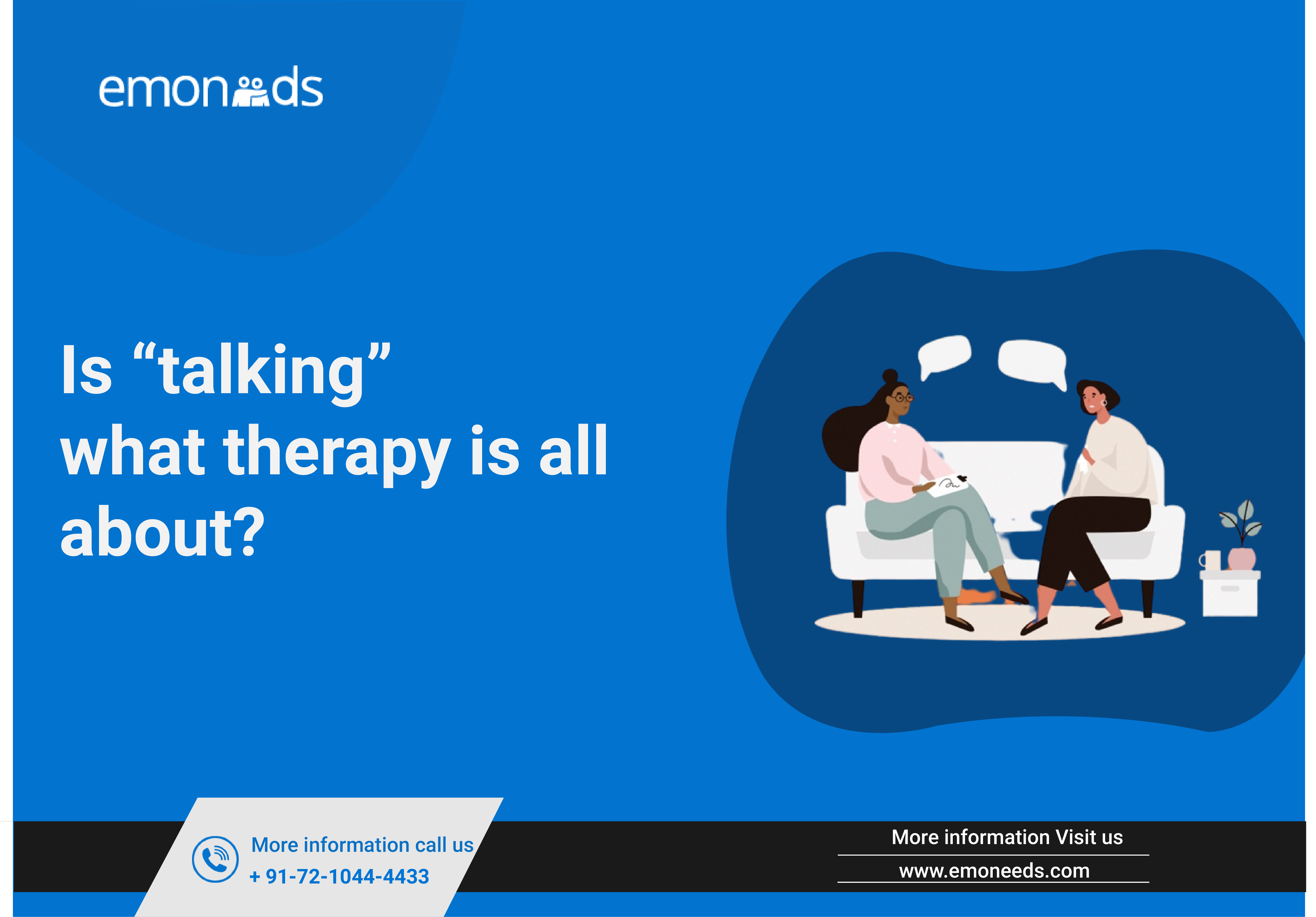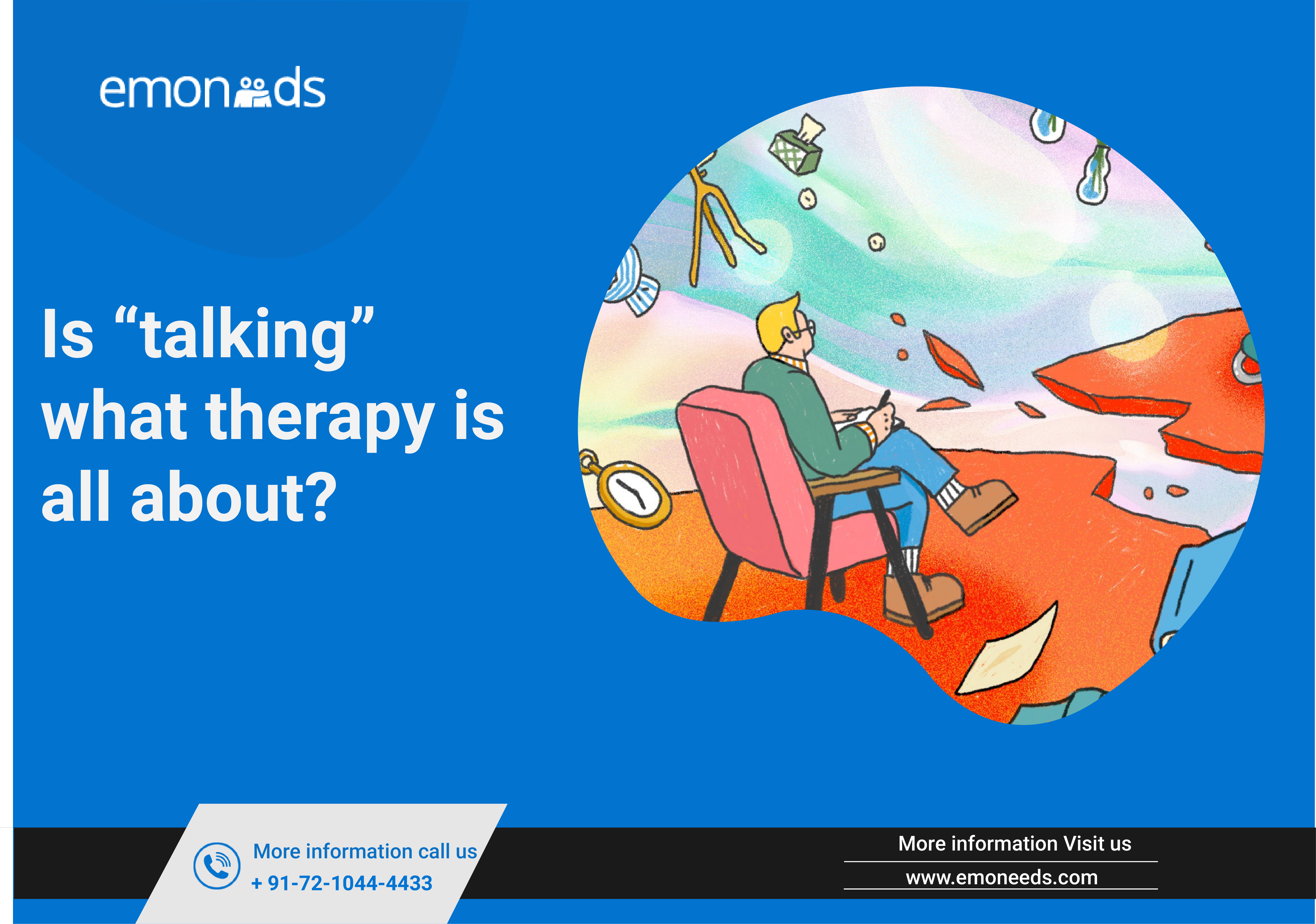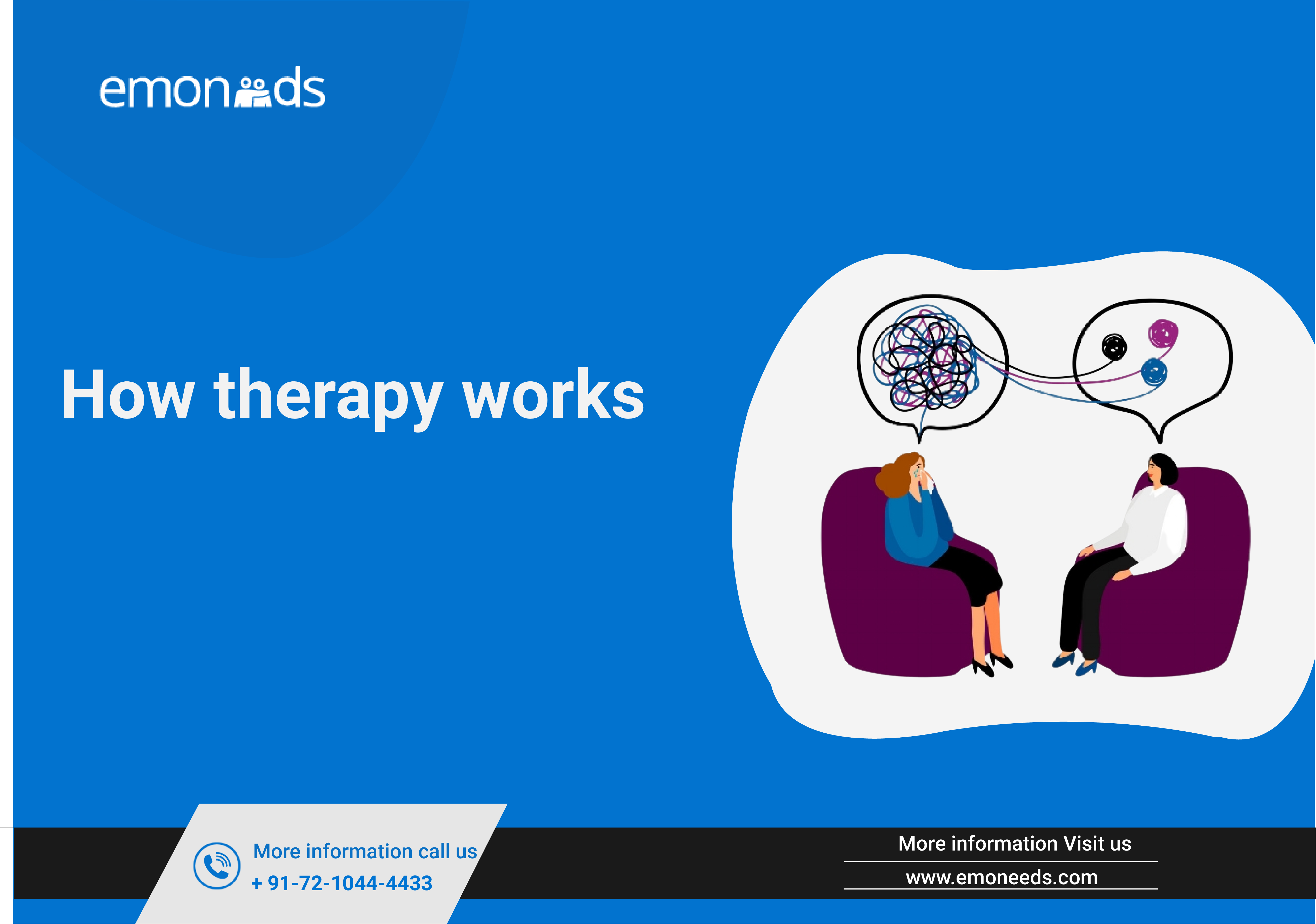
In a world driven by technology and rapidly changing work dynamics, the concept of remote work has become increasingly prevalent. For many, the idea of working from the comfort of one’s home might sound like a dream come true. After all, it offers the promise of a flexible schedule, reduced commute time, and the ability to wear pajamas all day. However, beneath the surface, there are significant challenges that can affect our mental well-being. In this article, we’ll explore six compelling reasons why working from home may not be as good for your mental health as it initially seems.
1. Isolation and Loneliness
One of the most significant drawbacks of working from home is the isolation and loneliness it can bring. When you’re no longer surrounded by colleagues and the hustle and bustle of an office, the feeling of solitude can take its toll. Studies have shown that prolonged isolation can lead to feelings of depression and anxiety. The lack of face-to-face interaction and casual water cooler chats can result in a sense of disconnection.
It’s crucial to remember that as humans, we thrive on social interaction. The simple act of chatting with coworkers can boost our mood and make us feel like part of a team. To combat loneliness, make an effort to maintain social connections outside of work, whether through virtual meetups with friends or by joining local groups that align with your interests.
2. Lack of Boundaries
One of the hidden challenges of working from home is the difficulty in establishing clear boundaries between work and personal life. Your workspace and living space often overlap, making it harder to switch off from work. This lack of separation can lead to overwork, and stress, and ultimately, negatively impact your mental health.
Setting well-defined boundaries is crucial to maintaining a healthy work-life balance. Begin by establishing set work hours and adhering to them as closely as possible. Designate a dedicated workspace in your home, which should be separate from your leisure areas. Once your workday is over, physically and mentally detach from your workspace to signal the end of the workday. By creating these distinctions, you can prevent work from encroaching on your personal life.
3. Distractions and Productivity
Working from home offers numerous advantages, but it can also be a minefield of distractions. Household chores, family members, and even the allure of your beloved pets can easily divert your attention. These distractions can have a detrimental impact on your productivity, leading to increased stress and anxiety. The frustration of not meeting your work goals can further compromise your mental well-being.
To tackle this issue, create a structured daily routine and stick to it as closely as possible. Allocate specific time slots for work and break times, and communicate these boundaries with your family. Designating a workspace free from potential interruptions can also help maintain focus and productivity. Implementing time management techniques, such as the Pomodoro Technique, can be an effective strategy to minimize distractions and boost your work efficiency.
4. Sedentary Lifestyle
Working from home often comes with the unintended consequence of a more sedentary lifestyle. Whether you’re parked at your desk or lounging on the couch with a laptop, the lack of physical activity can take a toll on both your physical and mental health. Research has repeatedly shown that regular exercise is not just beneficial for physical well-being but also has a profound positive impact on mental health. It can alleviate symptoms of anxiety and depression, boost mood, and enhance overall well-being.
To counteract the sedentary nature of remote work, it’s essential to incorporate movement into your daily routine. Simple activities like stretching, short walks, or a quick workout can make a significant difference. Regular breaks to get up and move around, and the introduction of a standing desk can help reduce the amount of time spent sitting and contribute to a healthier work environment.
5. Technology Overload
Remote work often means an increased reliance on technology. While this has its benefits, an overuse of digital devices and screens can lead to eyestrain, sleep disturbances, and heightened stress levels. The constant exposure to screens, especially before bedtime, can disrupt your circadian rhythm, making it challenging to unwind and relax.
To mitigate the effects of technology overload, practicing digital wellness is crucial. Set specific times for screen use and adhere to them rigorously. Implement the 20-20-20 rule – for every 20 minutes of screen time, take a 20-second break to focus on something at least 20 feet away. This can significantly reduce eyestrain. Moreover, establish a relaxing bedtime routine that doesn’t involve screens, such as reading a physical book or practicing mindfulness. By managing your screen time and promoting digital wellness, you can safeguard your mental health in the digital age.
6. Lack of Face-to-Face Interaction
The shift to remote work has led to an increased reliance on video calls and virtual meetings for communication. While these technologies are undeniably valuable, they can never fully replicate the richness of in-person interaction. The absence of face-to-face communication can make it challenging to build strong working relationships and can lead to feelings of disconnection.
To address this, make a conscious effort to maintain in-person interactions with colleagues whenever possible. Occasional office visits or informal gatherings can help foster relationships and bridge the gap created by virtual communication. Human connections are fundamental to our mental health, and nurturing relationships outside the digital realm can significantly help alleviate the negative effects of remote work. It’s important to remember that while technology keeps us connected, there’s no substitute for the warmth and authenticity of a real, face-to-face conversation.
Conclusion
In the age of remote work, it’s crucial to acknowledge that the grass isn’t always greener on the other side. While the convenience and flexibility of working from home are undeniable, it comes with its unique set of challenges, particularly for mental health. Isolation, lack of boundaries, distractions, sedentary lifestyle, technology overload, and the absence of face-to-face interaction can take a toll on your well-being.
As remote work continues to be a part of our professional landscape, it’s essential to be proactive in safeguarding your mental health. Emoneeds is here to assist. Our team of experts specializes in supporting individuals facing the mental health challenges of remote work. We offer personalized strategies to enhance your well-being while working from home. Your mental health is paramount, and we’re committed to helping you maintain it. Reach out to Emoneeds today to take that crucial step towards a healthier and more fulfilling remote work experience.














